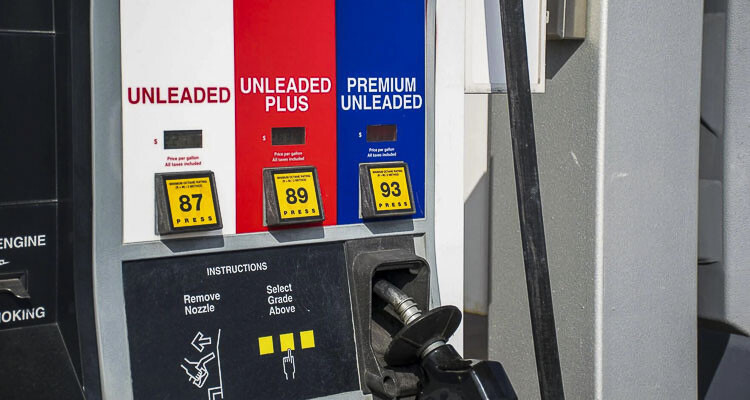
This price hike marks the 19th week this year of rising fuel prices for Washingtonians, following the implementation of the new carbon tax earlier this year
Timothy Schumann
The Center Square Washington
The average price of a gallon of regular unleaded was sitting at $4.81 statewide on Monday, up from $4.71 the week prior according to AAA data. This price hike marks the 19th week this year of rising fuel prices for Washingtonians, following the implementation of the new carbon tax earlier this year.
This ten cent per gallon increase moved with the national average, albeit at a much faster pace, which increased from $3.55 to $3.59 per gallon over the same time period.
“It appears that our seasonal surge in driving may be kicking off a bit before the official start of summer, but the low cost for oil appears to mitigate any increases at the pump, which is good news for drivers,” said AAA spokesperson Andrew Gross in a statement, referring to pricing nationwide remaining mostly stable.
In the Evergreen State, residents have to dig deeper into their wallets than most. Washington’s pump prices currently stand at second most expensive nationally, with only California being more expensive.
This change from weeks prior knocks Hawaii off the top two most expensive states nationally, where fuel prices currently sit at $4.73 per gallon, stable over the prior two weeks.
Washington’s $4.81 per gallon places it $1.22 per gallon higher than the national average of $3.59 per gallon. It is also $1.85 per gallon above the nation’s least expensive fuel costs of $2.96 per gallon, currently paid by Mississippi residents.
Intra-state variance in Washington remains high at $1.15 per gallon, up 13 cents per gallon from the week prior. The outliers this week, again San Juan and Asotin counties, represent the most and least expensive gas prices statewide at $5.39 and $4.24 per gallon respectively.
This price variance still largely follows the Cascade Range, with residents to the west paying a higher premium at the pump than residents to the east.
Some state policy experts think there’s a legislative component to the relatively high cost of Washingtonians’ fuel, as previously reported by The Center Square, citing the state’s new cap-and-trade carbon tax program implemented Jan 1st of this year.
The second carbon auction completed on May 31st. The results were announced on June 7th.
With prices rising 60% since the last auction, one expert thinks that legislative component added by cap-and-trade may be as high as 45 cents per gallon.
“Although Washington is paying more for CO2 emissions than California, that additional cost doesn’t help the environment – it just harms our economy,” said Todd Meyers of the Washington Policy Center in a recent report. “As long as the governor and agency staff continue to deny that reality, Washington residents will pay a high price for energy, but won’t receive the environmental benefits they are paying for.”
This report was first published by The Center Square Washington.
Also read:
- 6-cent gas tax hike central to new transportation deal in WA LegislatureA proposed 6-cent gas tax hike is central to a transportation funding deal under negotiation in the Washington Legislature, aimed at raising $3.2 billion over six years.
- Letter: C-TRAN Board improper meeting conductCamas resident Rick Vermeers criticizes the C-TRAN Board for misusing parliamentary procedure during a controversial vote on light rail.
- Opinion: TriMet’s ‘fiscal cliff’ a caution for Clark County taxpayersRep. John Ley warns that Portland’s financially troubled TriMet transit system could pose major risks to Clark County taxpayers as the I-5 Bridge replacement moves forward.
- Travel Advisory: Expect daytime delays on northbound I-5 near Woodland for guardrail repairs, April 18WSDOT will close the left lane of northbound I-5 near Woodland on Friday, April 18, to repair guardrail and improve driver safety.
- Belkot speaks before C-TRAN board; directors pause vote on light rail funding language until JulyMichelle Belkot spoke at Tuesday’s C-TRAN board meeting, calling her removal from the board unlawful; directors postponed a vote on light rail funding language until July amid legal challenges.









